The Cosmopolitan World Game : Top 10 Unique Footballing Identities
It’s known universally as the world game. In the football world last week Sarpreet Singh of the A-League signed with Bayern Munich. At such a young age the 20 year old New Zealander of Indian heritage was being mentioned as the best A-League player in the league.
The combination of a New Zealand-Indian heading off to Germany left me intrigued. All of this made possible in the name of football where worlds are made to collide in such unique ways.
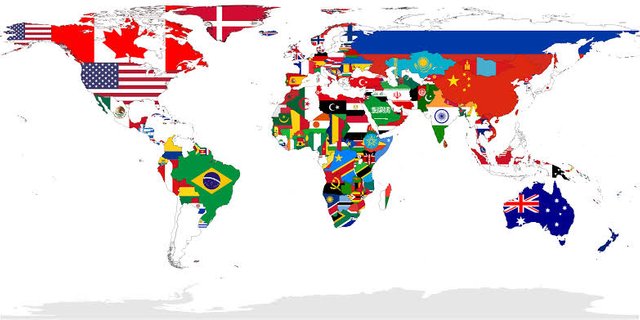
Let’s take a look at some of the unique ethnic identities we’ve been a witness to in the wide world of football.
David Alaba of Austria was born in Vienna, Austria and is of Nigerian-Filipino descent. His mother had emigrated from the Philippines and his father from Nigeria, who is a prince as well as a rapper and DJ.
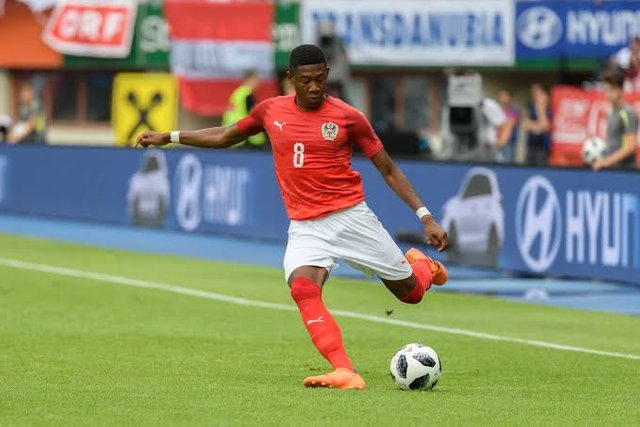
Mike Havenaar of Japan was born in Tokyo a year after his family moved there when his father signed on to play in the J-League. The Havenaar family became naturalised Japanese citizens in 1994 and Havenaar has since scored 4 goals in 18 games for the Samurai Blue.
Jong Tae-Se and Ryang Yong-gi of North Korea both featured in the 2010 World Cup. Both born in Japan where North Korean nationality is not recognised, they are recognised as ‘Chōsen-seki’. This is a nationality assigned to ethnic Koreans who have neither Japanese nor South Korean nationality.
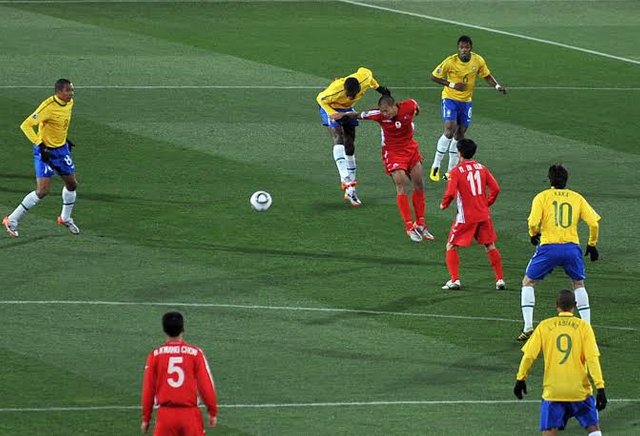
Kevin Kuranyi of Germany was born in Brazil to a German father of Hungarian descent and a Panamanian mother. Eligible for Brazil, Germany, Hungary or Panama, he opted to play for Germany where he scored 19 goals in 52 games. To add to the cosmopolitan flavour, he is married to a Croatian.
Jimmy Floyd Hasselbaink, Edgar Davids and Clarence Seedorf of the Netherlands were all born in the South American nation of Suriname. All superstars in their own right, their presence would have gone along way to improving Suriname's average FIFA World Rank of 139th.
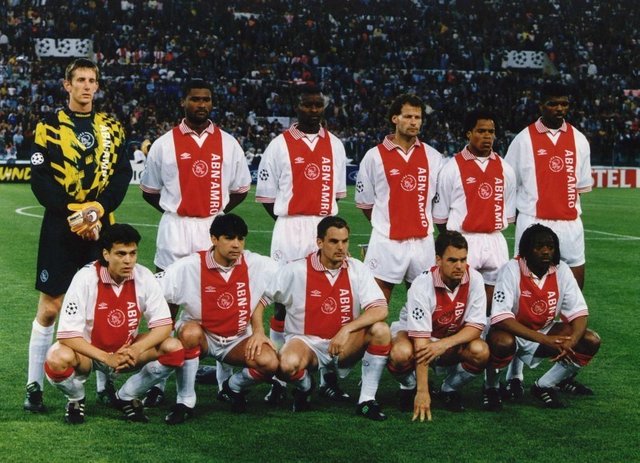
Jonathan de Guzman of the Netherlands is another Dutchman with a cosmopolitan twist. Born in Ontario, Canada, he is of Jamaican and Filipino descent. He became eligible for the Dutch national team after gaining citizenship having played youth football for Feyenoord since he was 12 years old.
Eduardo da Silva of Croatia was born in Rio de Janeiro, Brazil. In 1999 he joined Croatian side Dinamo Zagreb’s youth team setup. He took up Croatian citizenship in 2002 and was called up for his first full cap in 2004 at age 21.
There are many examples of Brazilian born players becoming naturalised and playing for other countries. Eduardo makes the list due to the combination of Croatia’s uniqueness and the impact he had on the team on the world stage scoring 29 goals in 64 games.
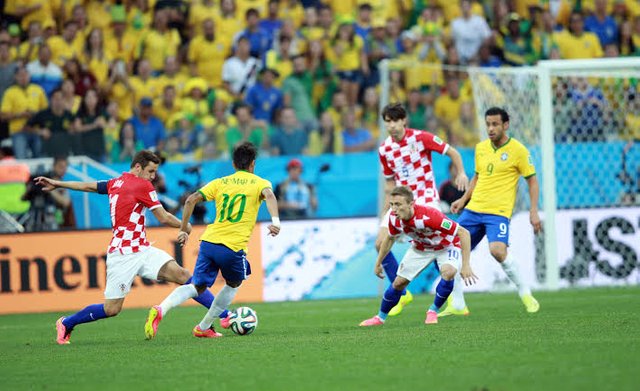
As you can see there’s a real cosmopolitan flavour in football which makes it well and truly the world game. What unique combinations do you know of?
!cheetah ban
Failed Authorship Verification.